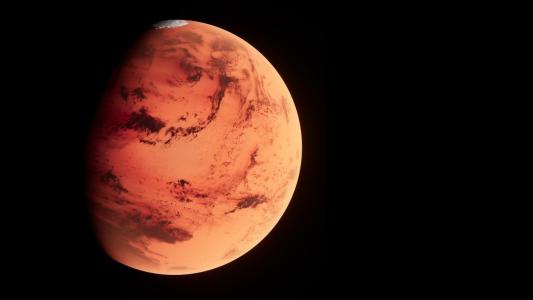Outer Space
“Ghostly” neutrinos help us see our Milky Way as never before
A unique photograph of the Milky Way galaxy was captured using the IceCube detector, which observes high-energy neutrinos from space.
Why aliens are likely to be AI
Fundamental biological limitations will make long-distance space travel all but impossible for organisms. AI is more suitable.
5 revolutionary cosmic ideas that turned out to be wrong
These ideas could have revolutionized our concept of the Universe, but since evidence paves the road to reality, we've had to abandon them.
Time has some fundamental differences from every other dimension
While spacetime itself is four dimensional, it can be decomposed into three spatial dimensions and one time dimension.
NASA may have accidentally killed the only life we ever found on Mars 50 years ago
Life may have been discovered on Mars almost 50 years ago, but it could have been unintentionally destroyed.
World’s oldest trees reveal the largest solar storm in history
One of the greatest threats to all our infrastructure is a solar storm, which has the potential to cause a multi-trillion dollar disaster.
Astronomers use dead stars to measure gravitational waves produced by ancient black holes
As research challenges theories of how galaxies evolved, studying the era after the Big Bang using gravitational waves could be invaluable.
How Mars lost its magnetic field — and then its oceans
Were it not for Earth's strong magnetic field, our planet would look just like Mars. And strong magnetic fields may be rare in the Universe.
A comet impact 13,000 years ago might have wiped out megafauna
Researchers note a "synchronicity" of geochemical signals suggesting that fragments of a comet struck Earth approximately 13,000 years ago.
How the world’s most sensitive yardstick reveals secrets of the universe
When two massive objects – like black holes or neutron stars – merge, they warp space and time. Here's the tool that measures the resulting waves.









